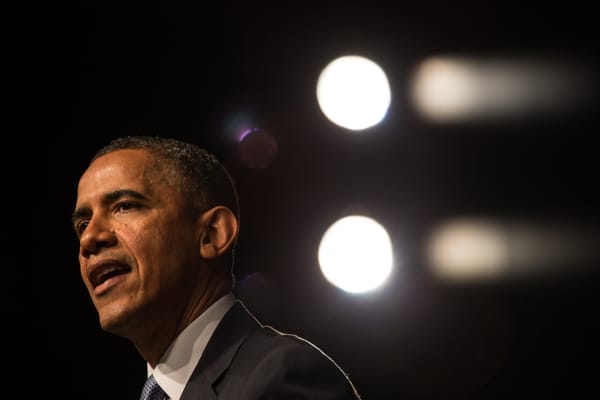In the late 2010s, with much of the American left swerving toward a new progressive orthodoxy, there was a notable dissenter: Barack Obama. In 2019, the former president remarked: “This idea of purity, and you’re never compromised, and you’re always politically ‘woke,’ and all that stuff, you should get over that quickly.” As a Democrat shaken by the rise of a hyper-censorious culture and liberal institutions’ inability to even acknowledge what was happening, I took comfort in what Obama was saying.
There seemed to me to be a “before” and an “after.” The “before” was the vision Obama espoused during his presidency—of “a big, diverse, contentious, multiracial, multiethnic country that can make its union a little more perfect and set an example for the world.” The “after” was the turn away from liberalism that so many ostensibly liberal institutions took in the later 2010s—a turn that had many causes, but of which the most immediate was a panicked reaction to the victory of Donald Trump.
Recently, though, I have become less sure of that timeline and found myself wondering how much of what came after goes on Obama’s ledger, like a pitcher accountable for runners left on base at the moment he is taken out of the game. To a great extent, the “Great Awokening” emerged from tensions within the Obama administration and even within Obama’s own psyche. As he ran into insuperable obstacles in achieving the goals of his presidency, his vision of the moral arc of history became less sustaining to him, and he lost faith in the democratic experiment. Part of the cultural undertow of our current, fraught era results from Obama’s growing sense of disillusionment.
